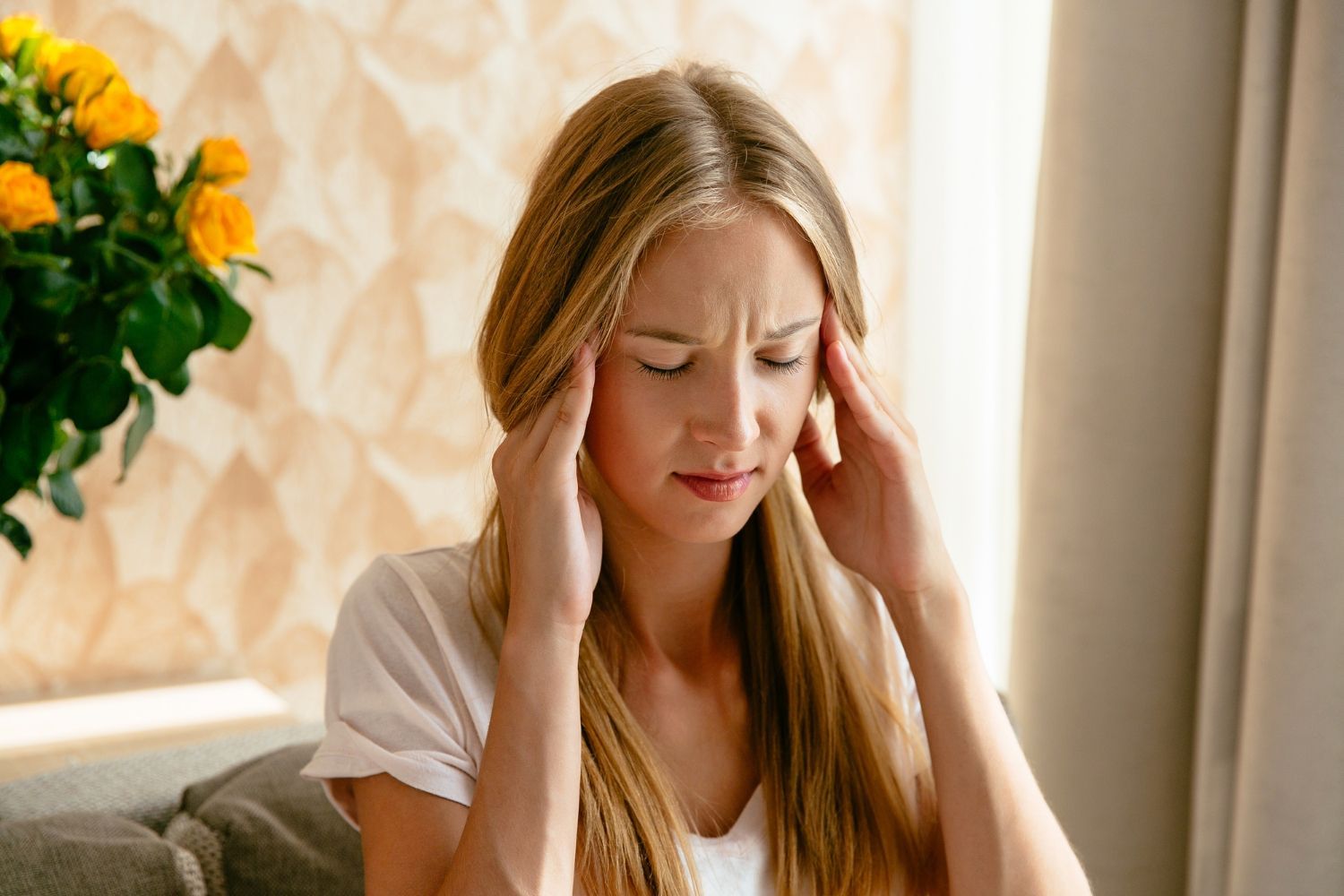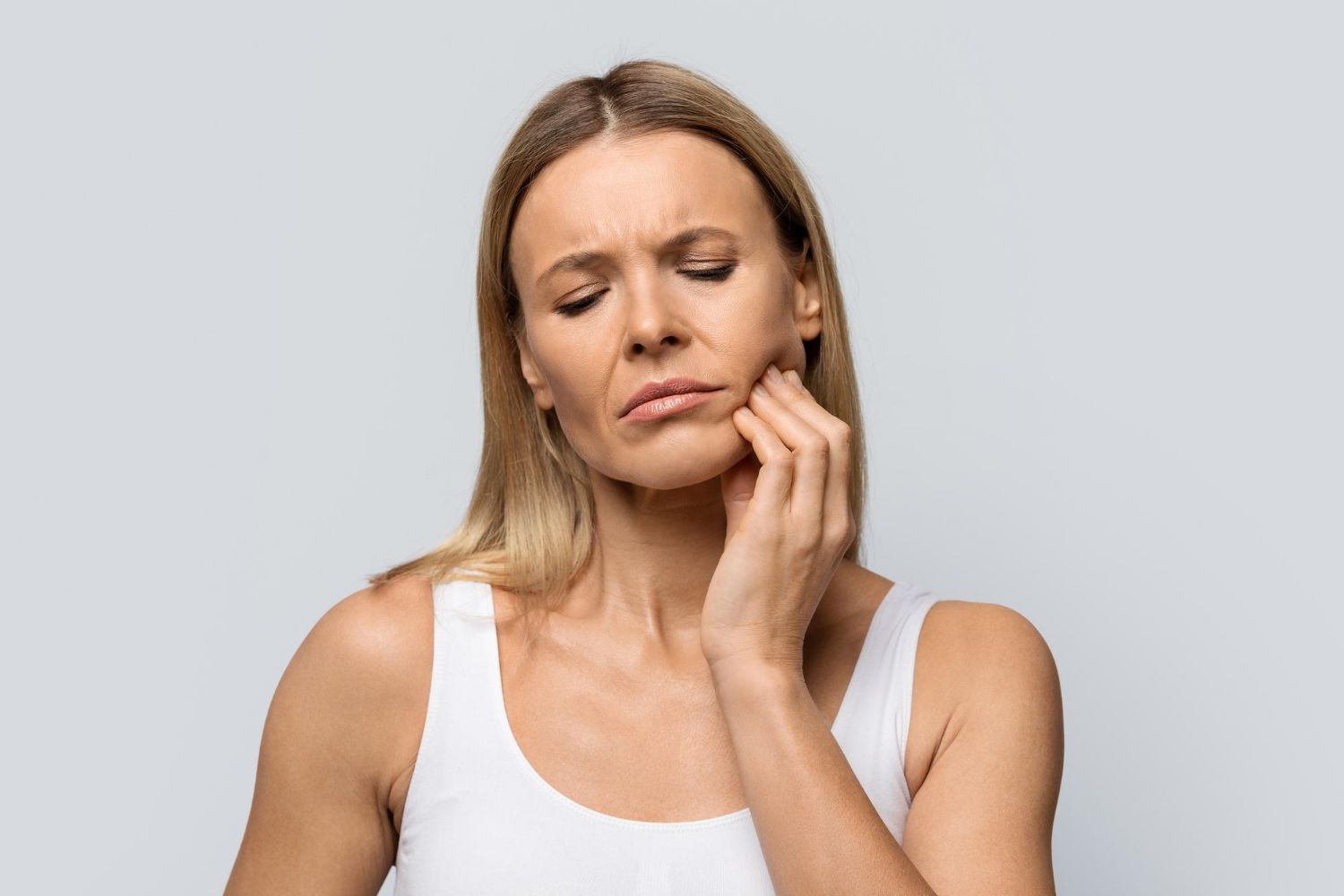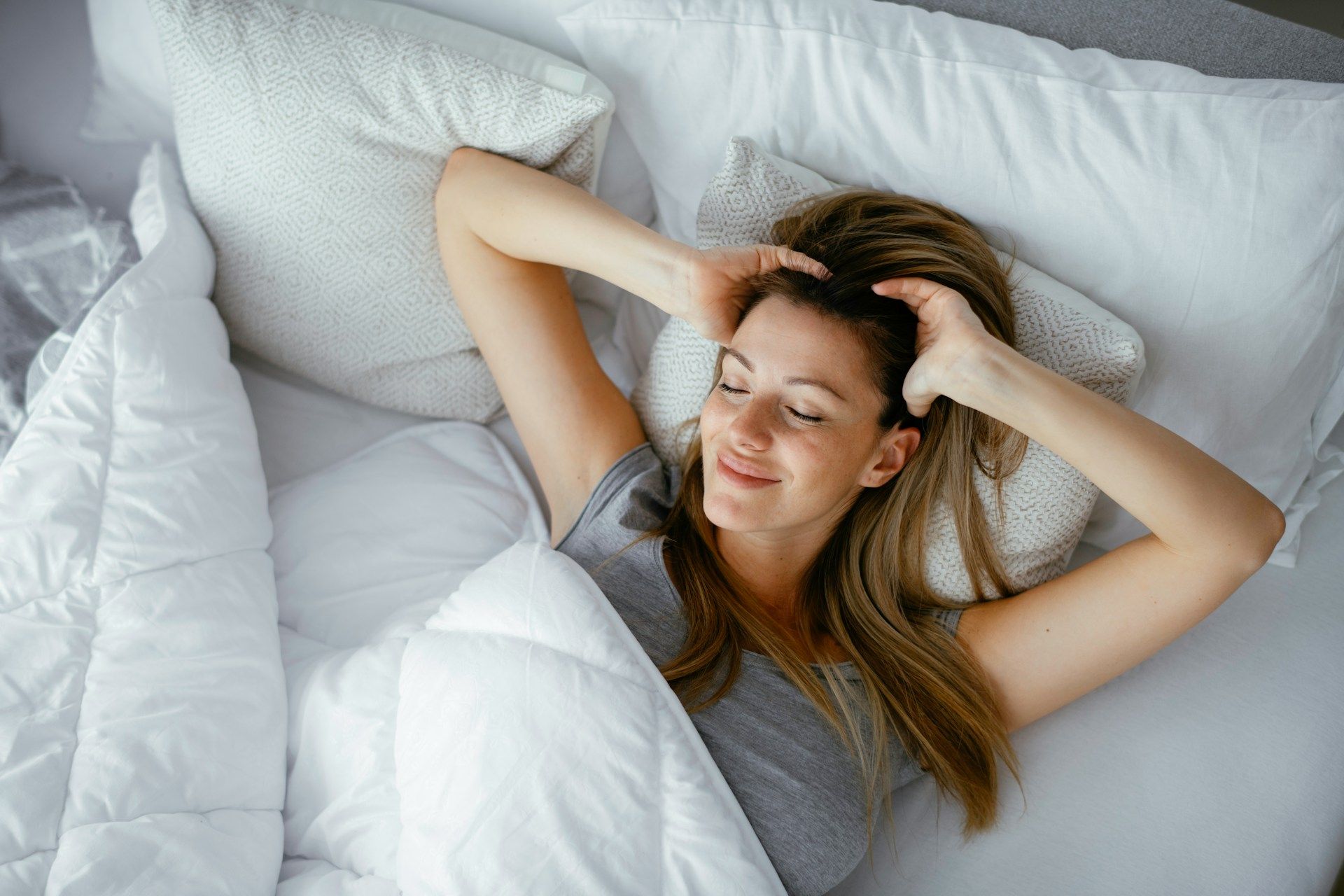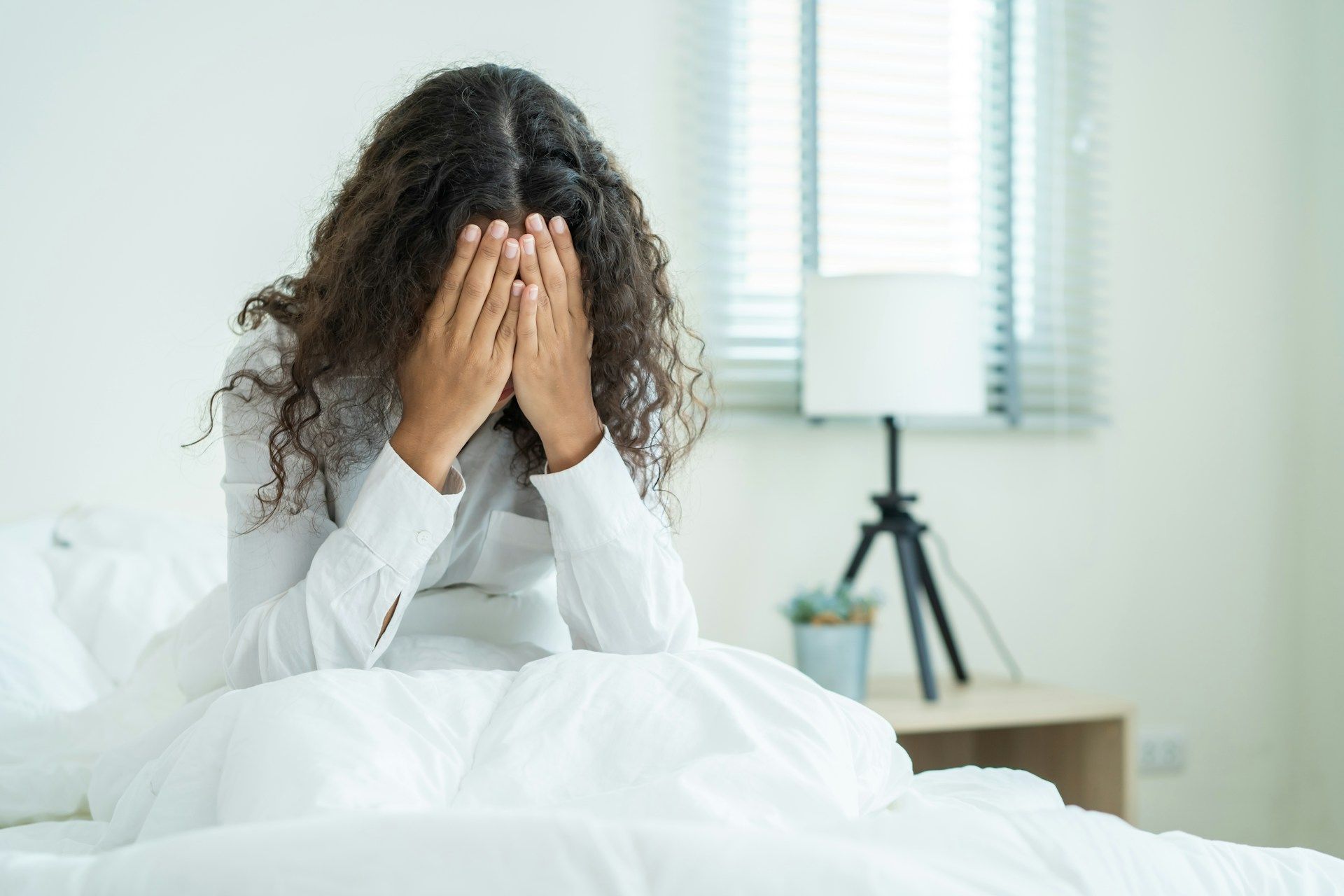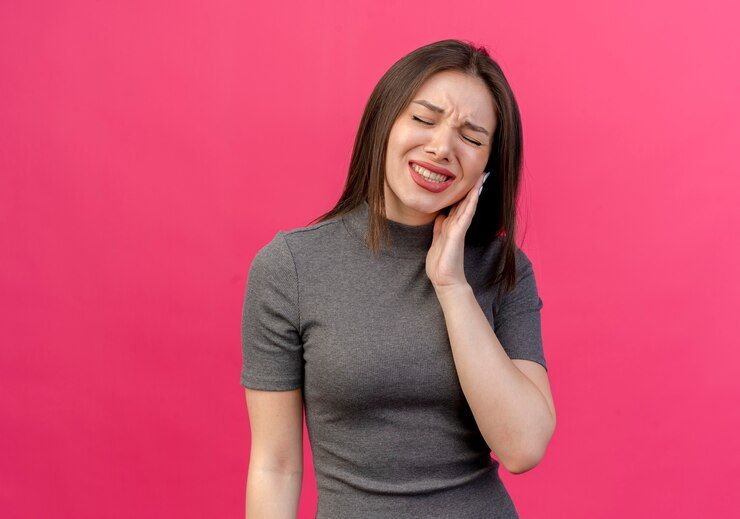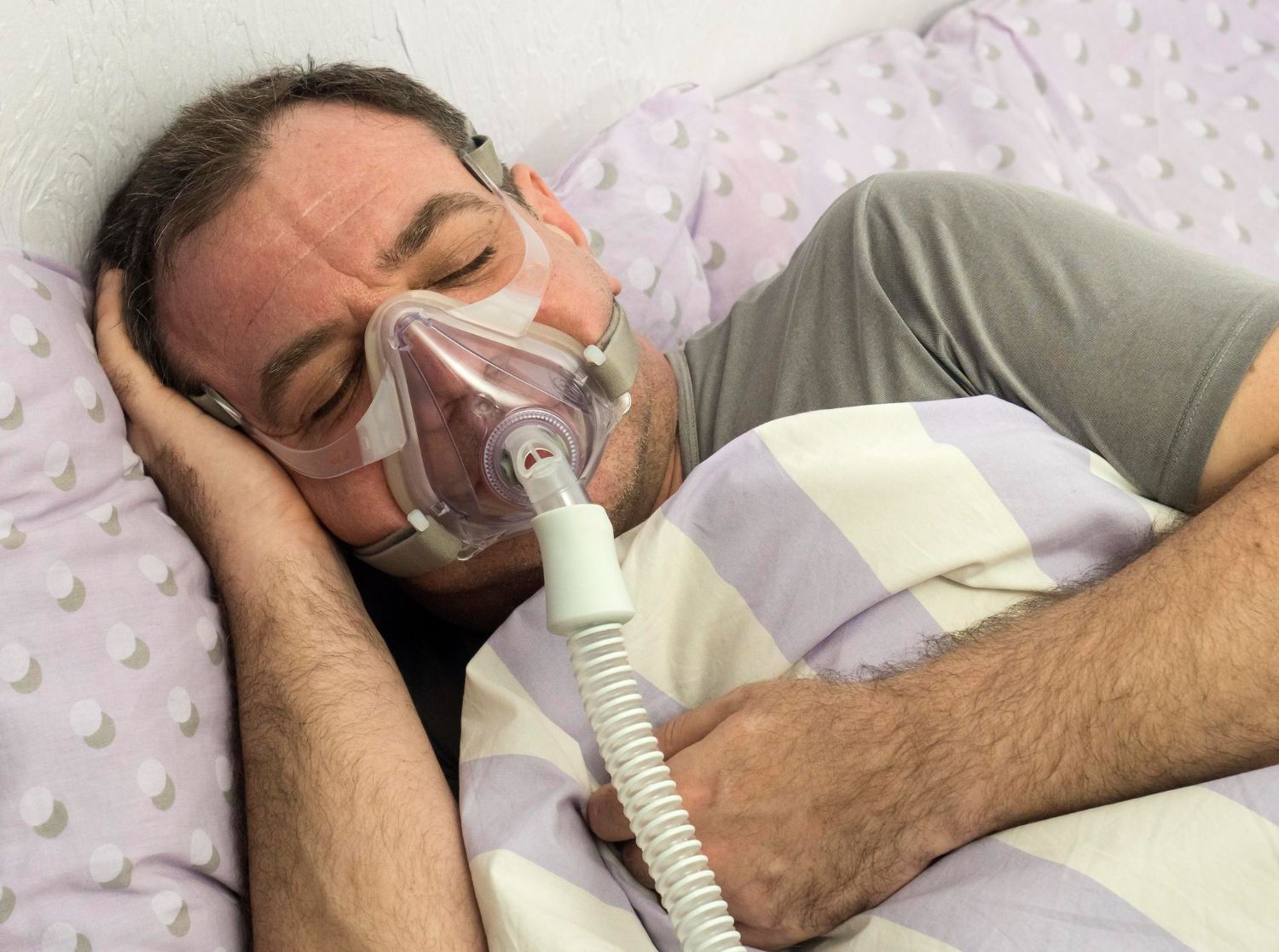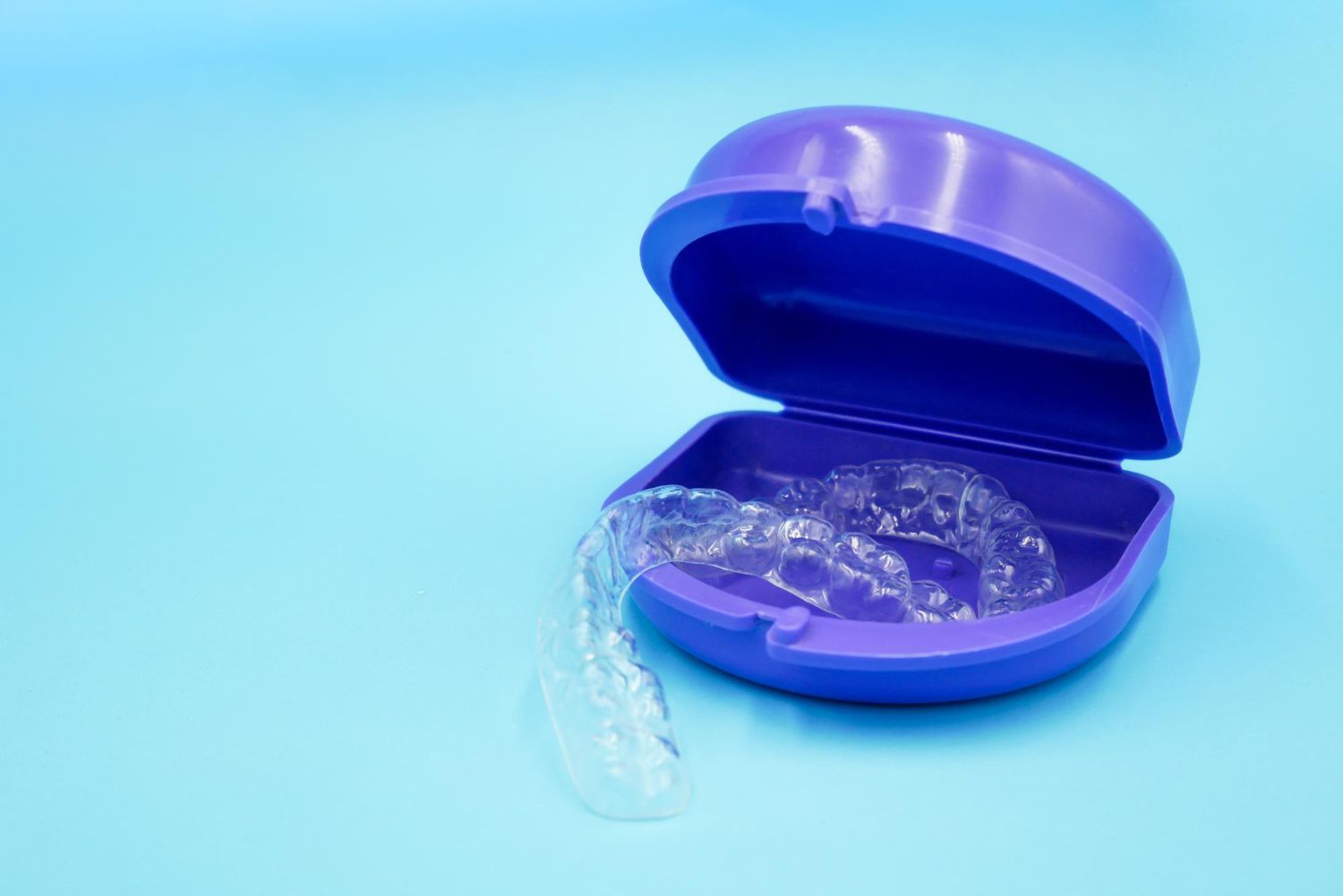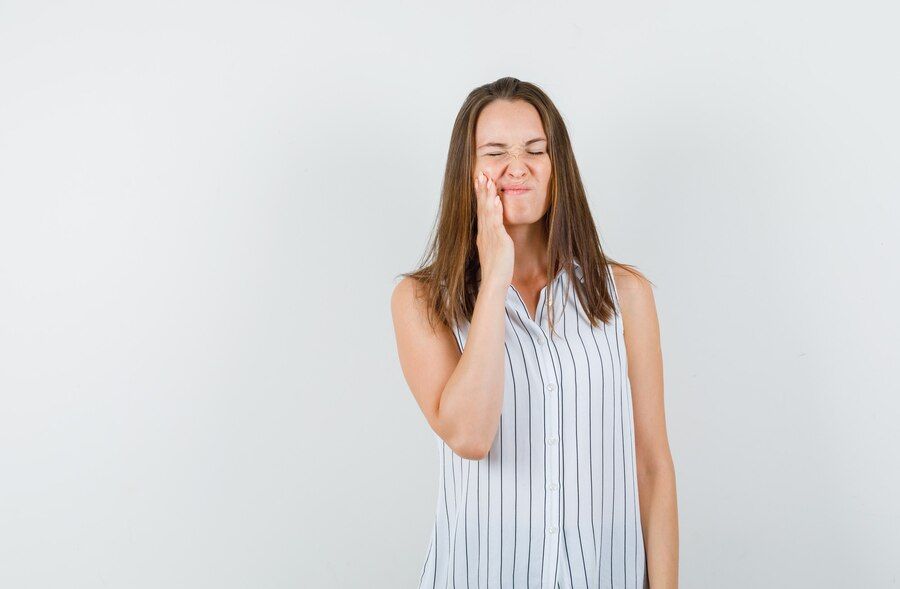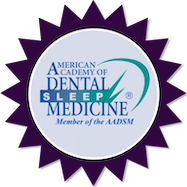Why Oral Appliance Therapy is a Game-Changer for Sleep Apnea Patients
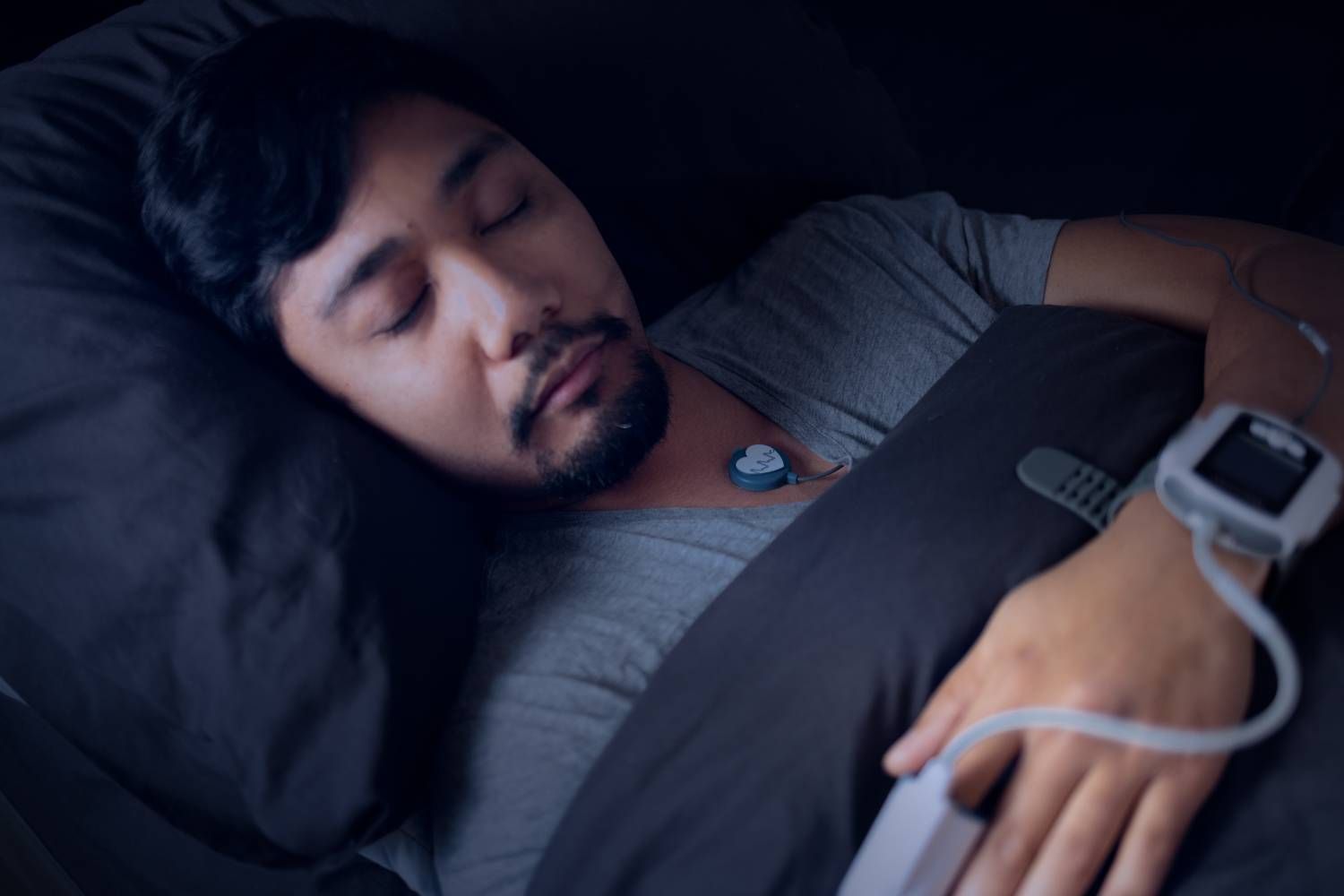
Obstructive sleep apnea (OSA) is a prevalent sleep disorder, affecting millions of individuals worldwide. Characterized by repeated interruptions in breathing during sleep, OSA can have significant consequences on overall health and well-being if left untreated. While Continuous Positive Airway Pressure (CPAP) therapy is the gold standard treatment for sleep apnea, many patients find it uncomfortable or challenging to comply with, leading to the need for alternative treatment methods.
Fortunately, there is a comfortable and effective alternative to CPAP therapy known as Oral Appliance Therapy (OAT). This article aims to shed light on the benefits of OAT as a treatment for sleep apnea. Tailored to the needs and preferences of the individual, oral appliance therapy uses a custom-fitted device worn in the mouth during sleep.
By repositioning the jaw or tongue, these devices help keep the airway open, thus preventing the cessation of breathing that characterizes sleep apnea. The potential benefits of this therapy are numerous and include improved sleep quality, reduced daytime fatigue, and decreased snoring.
Importantly, OAT may also offer a more comfortable and convenient treatment option, particularly for individuals who struggle with the restrictions of CPAP machines. So, let’s get into the advantages of oral appliance therapy for sleep apnea, and explore how it can be a great option for those seeking a practical and effective solution for this sleep disorder.
The Fundamentals of Oral Appliance Therapy
Oral appliance therapy involves the use of custom-fitted dental devices designed to reposition the lower jaw and tongue during sleep. This repositioning helps to open the airway, reducing the frequency and severity of breathing interruptions and allowing for uninterrupted sleep. The following are some of the key characteristics of oral appliances:
- Custom-fitted: Each oral appliance is professionally designed and tailored to fit the patient's unique dental structure, ensuring maximum comfort and effectiveness.
- Portable: Oral appliances are lightweight and can be easily packed for travel, making them a convenient treatment option for those on the go.
- Easy maintenance: Keeping an oral appliance clean and well-maintained is typically a simple process involving regular brushing and periodic check-ups with a dental sleep apnea professional.
Advantages of Oral Appliance Therapy Over CPAP
While CPAP therapy is the gold standard treatment for sleep apnea, it is not the best fit for every patient. Oral appliance therapy offers several notable advantages over CPAP:
- Comfort: Many patients find oral appliances more comfortable to wear compared to CPAP masks, as the former does not involve tubes or noisy machines.
- Greater compliance: Due to the increased comfort and ease of use associated with oral appliances, patients are often more likely to remain compliant with their treatment regimen.
- Quiet: Oral appliance therapy does not produce noise during sleep, providing a more peaceful environment for both the patient and their partner.
Improved Sleep Quality and Overall Health
By reducing the frequency and severity of breathing interruptions, oral appliance therapy can provide several benefits to overall sleep quality and health:
- Decreased daytime sleepiness: With fewer disturbances during sleep, patients often experience improved daytime alertness and reduced feelings of tiredness.
- Enhanced mood: Better sleep quality also influences mental health, leading to improved mood and reduced risk of depression and anxiety.
- Reduced risk of sleep apnea-related health complications: By effectively treating sleep apnea, oral appliance therapy can mitigate the risks associated with untreated sleep apnea, including heart disease, high blood pressure, and diabetes.
How to Get Started with Oral Appliance Therapy
If you believe oral appliance therapy might be an appropriate option for you, follow these steps to begin the process:
- Consultation: Schedule a consultation with a dental sleep apnea professional, such as those at Fuller Sleep & TMJ Solutions, to discuss your symptoms, sleep apnea diagnosis, and treatment options.
- Evaluation and fitting: If deemed appropriate, your dental sleep apnea professional will perform a thorough examination, take dental impressions, and coordinate the creation of your custom oral appliance.
- Follow-up and adjustment: Regular follow-up appointments are necessary to ensure the optimal fit and function of your oral appliance, and to make any necessary adjustments over time.
Exploring the Advantages of Oral Appliance Therapy for Sleep Apnea
Oral appliance therapy offers a comfortable and effective alternative to CPAP for treating mild to moderate sleep apnea. By providing numerous benefits related to sleep quality and overall health, this treatment option can drastically improve the well-being of those suffering from sleep apnea.
At Fuller Sleep & TMJ Solutions in Greensboro, NC, our dental sleep apnea specialists are committed to helping patients find the right treatment solution to achieve better sleep and overall health. Contact us today to schedule a consultation and explore whether oral appliance therapy is right for you.

